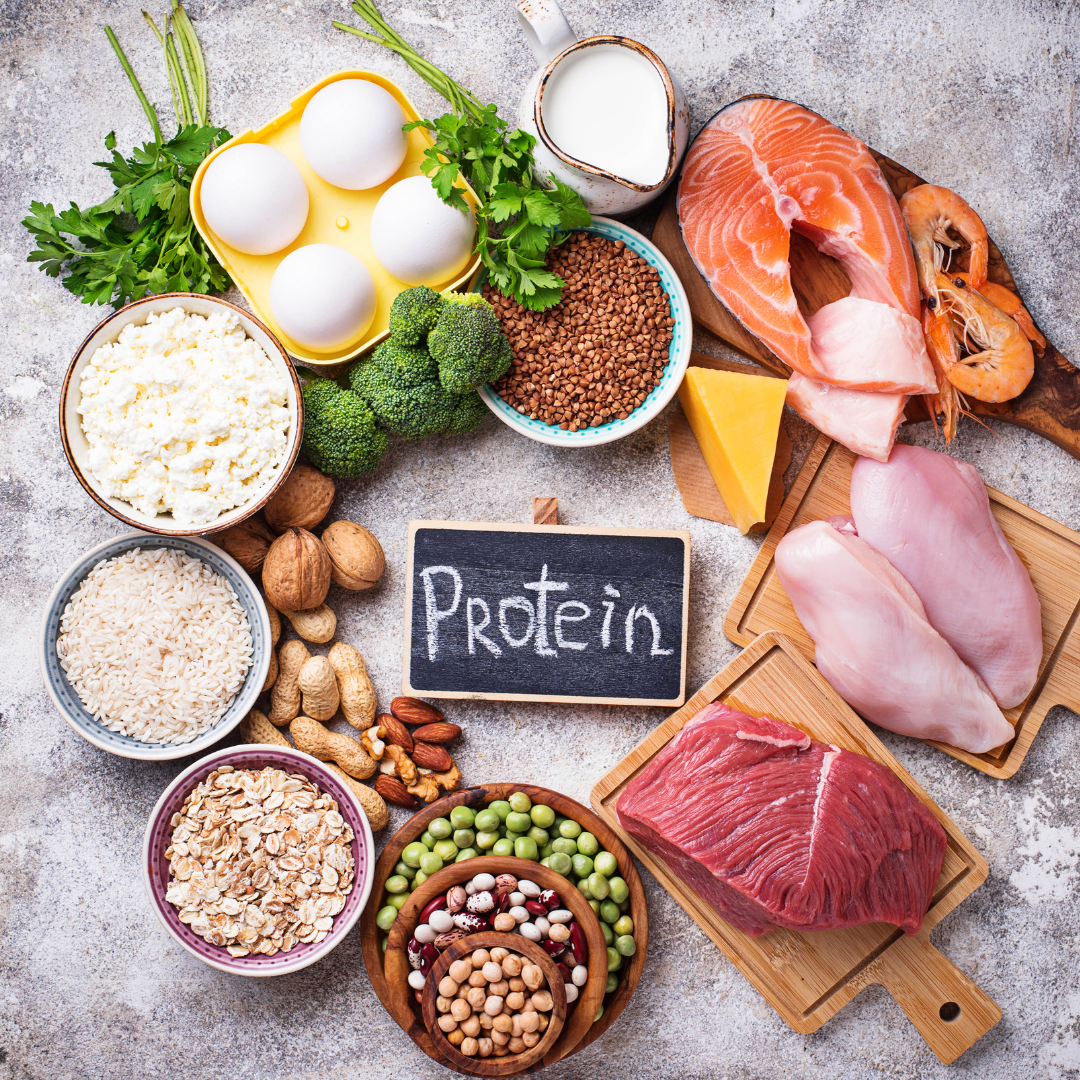
As a trainer, doing my own research on protein’s role in the human body, particularly focusing on recovery post-exercise, it’s paramount! It helps me understand the intricacies of how proteins function to aid in healing, muscle repair, and overall recovery.
The effectiveness of protein in recovery processes is multifaceted. It involves its absorption rates, the amino acid profiles, and the timing of intake relative to exercise routines.
Effects of Exercise on the Body
Exercise, especially intense or prolonged physical activity, induces micro-tears in muscle fibers, leading to muscle soreness and inflammation. This physical stress signals the body to repair and strengthen the muscles. This is a process heavily reliant on the availability of amino acids—the building blocks of proteins.
Optimal Protein Absorption for Recovery
For optimum recovery, the timing, amount, and type of protein are crucial. The body’s ability to repair muscles and recover effectively is significantly enhanced by consuming protein shortly after a workout. That’s typically within a 30 to 45-minute window. This period, often referred to as the “anabolic window”; is when muscles are particularly receptive to nutrients and can kickstart the recovery process more efficiently.
The recommended protein intake for individuals engaging in regular resistance training or bodybuilding activities varies from 1.6 to 2.2 grams of protein per kilogram of body weight per day. This intake should be spread throughout the day in meals and snacks to maintain a constant supply of amino acids to muscle tissues. Of course, with an emphasis on post-workout consumption to facilitate recovery.
Types of Protein and Their Effects
-
Whey Protein:
Fast-absorbing, rich in essential amino acids, and particularly high in leucine, whey protein is ideal for post-workout recovery. It stimulates muscle protein synthesis, promoting muscle repair and growth.
-
Casein Protein:
This slow-digesting protein provides a steady release of amino acids. This makes it excellent for sustained recovery and reducing muscle breakdown, especially when consumed before bed.
-
Soy Protein:
A complete plant-based protein that contains all essential amino acids. Soy is an excellent alternative for vegetarians and vegans, supporting muscle recovery and growth.
-
Pea Protein:
Another plant-based option. Pea protein is rich in branched-chain amino acids (BCAAs), especially arginine, which plays a role in muscle building and recovery.
-
Collagen Protein:
While not a complete protein, collagen supports joint health, which is crucial during intense training periods. It may aid in the recovery of connective tissues.
Best Protein for Full-On Recovery During Show Prep
For athletes in show prep, where the goal is to maintain muscle mass while reducing body fat, a combination of fast and slow-digesting proteins is advisable. Whey protein post-workout ensures rapid recovery and muscle synthesis, while casein protein before bed can prevent muscle catabolism during fasting periods overnight.
However, individual responses to different types of protein can vary, and considerations such as dietary restrictions, allergies, and personal preferences play a role in choosing the most suitable protein source.
RTF3TX’s Approach to Recovery and Protein Supplementation
At RTF3TX, we emphasize the importance of personalized nutrition plans based on genetic testing to optimize recovery and performance. Understanding an individual’s genetic makeup can guide the selection of the most effective protein types, amounts, and supplementation timings, ensuring each athlete or fitness enthusiast receives tailored nutritional support that complements their training regimen, especially during the crucial show prep phase.
Safety, proper lifting techniques, and the role of spotters are also integral to our training modality, ensuring that our clients achieve their fitness goals while minimizing the risk of injury. Our science-based approach, combined with a deep understanding of nutritional science, including protein supplementation, sets the foundation for optimal recovery, muscle growth, and overall well-being.



